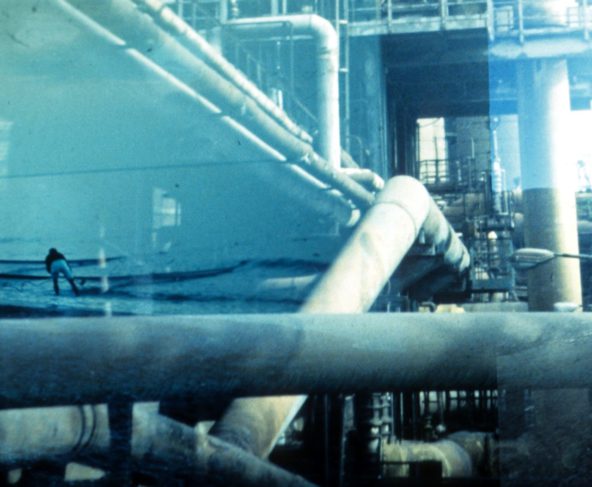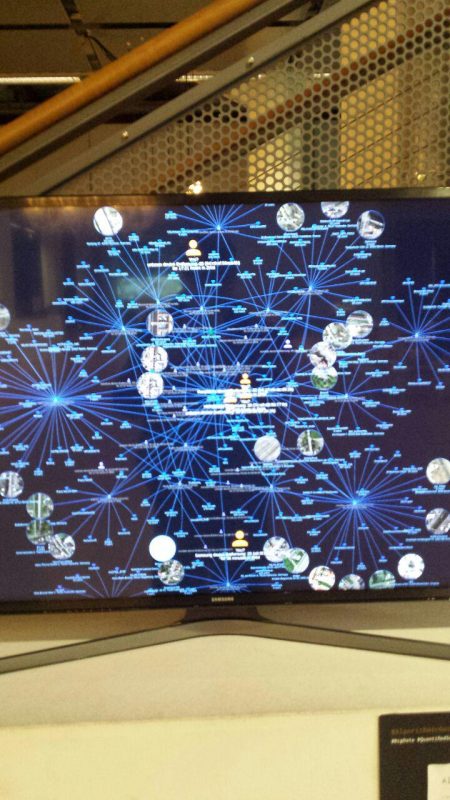ZU Robert meisters neuem Buch “Justice is an Option” (6) – Eine Umwertung der Finanzmärkte
In der Mitte des 20. Jahrhunderts bestand das Problem der Finanzierung größerer Gerechtigkeit in der Verfolgung einer umverteilenden Steuerpolitik und wachsenden Staatsausgaben. Der öffentliche Sektor war derjenige, der soziale Güter produzierte und konsumierte. Selbst für Ökonomen wie Friedman war es […]
ZU Robert meisters neuem Buch “Justice is an Option” (6) – Eine Umwertung der Finanzmärkte








